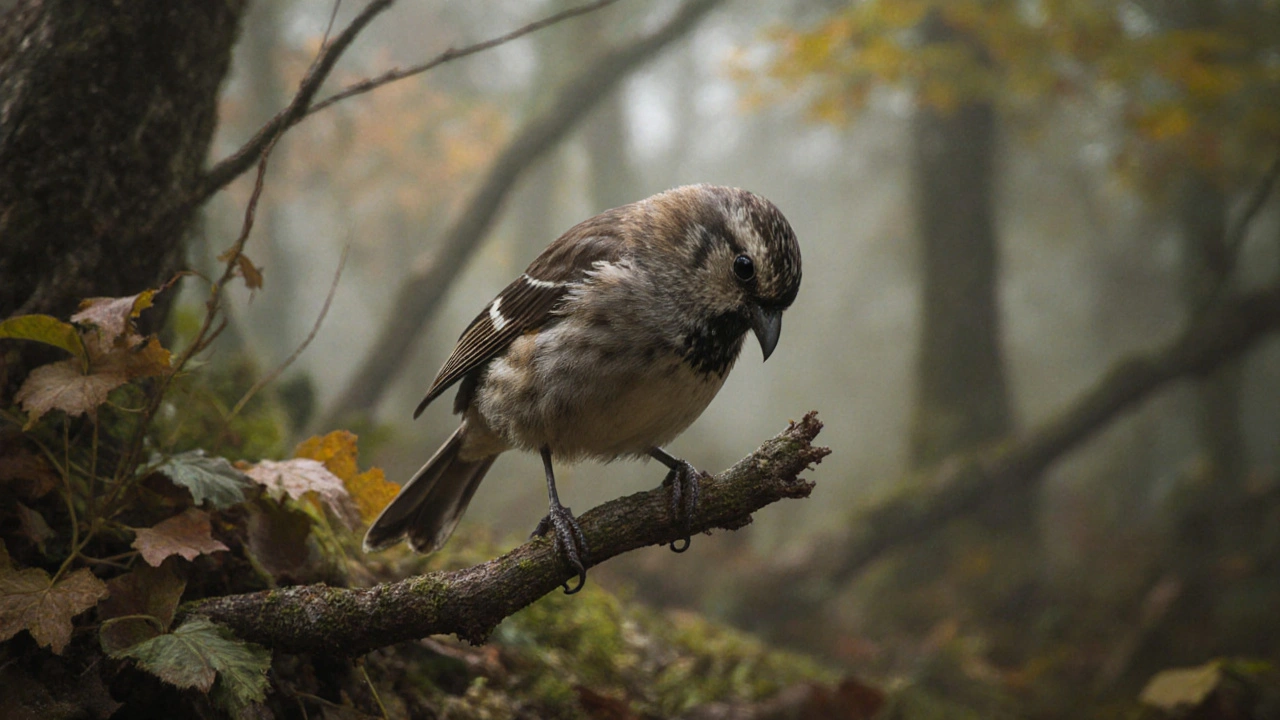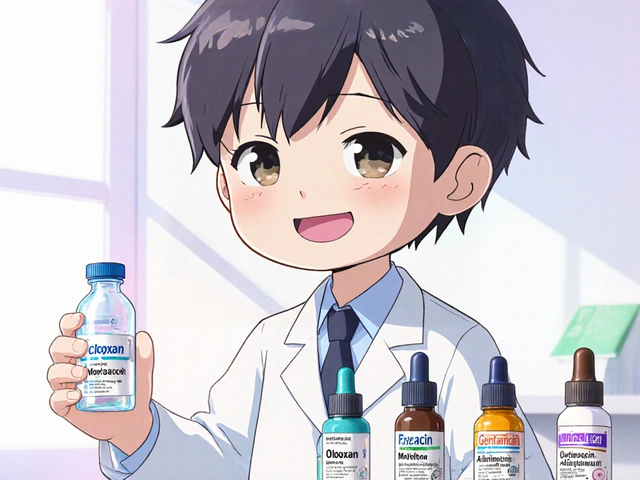Avian Health Basics: Keep Your Feathered Friends Feeling Great
If you own a parrot, canary, budgerigar, or even a small flock of chickens, you know that healthy birds are happy birds. But bird health can feel mysterious, especially when you’re new to the hobby. This guide breaks down the most useful steps you can take right now to spot problems early, feed correctly, and create a safe environment.
Spotting Early Signs of Trouble
Birds are masters at hiding discomfort, so watch for subtle changes. A sudden drop in activity, fluffed feathers, or a quiet bird that usually sings are red flags. Look at the droppings too – normal dropples are firm and slightly moist; watery or sticky messes often mean digestive upset. If you notice a discharge from the eyes or beak, that’s another warning sign.
When you see any of these signs, act fast. Isolate the bird, check the temperature, and call a vet who knows avian medicine. Early treatment can prevent a minor issue from becoming a serious infection.
Feeding Right for Strong Immunity
What you feed your bird directly impacts its immune system. A balanced diet includes high‑quality seed or pellet mix, fresh vegetables, and a bit of fruit. Avoid giving too many seeds alone; they’re high in fat and can lead to obesity. For parrots, dark leafy greens like kale or spinach provide vitamins A and K, which support eye health and blood clotting.
Water matters too. Change it daily and keep the bowl clean. Some birds love a shallow dish of fresh herbs – mint or cilantro can act as a natural antiseptic.
Clean, Safe Living Spaces
Maintaining a clean cage or coop reduces the chance of bacteria and parasites. Remove droppings and old food at least once a day. Wash perches and toys with warm soapy water weekly, then rinse well to avoid chemical residue.
Ventilation is often overlooked. Stale air encourages mold and respiratory infections. Position cages where there’s gentle airflow, but avoid drafts directly on the bird. For larger birds, a screened aviary gives fresh air while keeping predators out.
Preventing Common Avian Diseases
Respiratory infections, feather loss, and beak overgrowth top the list of bird ailments. Vaccinations are rare for most pet birds, so prevention hinges on hygiene and nutrition. Regularly trim nails and beaks if they become too long – this avoids injuries and feeding problems.
Parasites like mites and lice can be hidden in the feather base. A quick dust bath with safe, powdered diatomaceous earth can help control them. Always check new birds for parasites before mixing them with existing flock members.
When to Call the Vet
It’s better to waste a phone call than to wait until the bird is very sick. If you see any of these symptoms, reach out immediately: sudden weight loss, breathing difficulties, persistent feather plucking, or abnormal droppings lasting more than a day.
Veterinarians who specialize in avian care can run blood work, X‑rays, or fecal tests to pinpoint the problem. Many clinics offer tele‑consultations for a quick first opinion, which can save time.
Bird health isn’t rocket science, but it does need attention to detail. By watching behavior, feeding a balanced diet, keeping the living area clean, and acting fast when something seems off, you give your feathered companion the best chance to thrive. Keep this guide handy, and enjoy watching your bird soar with confidence!
Deplumation in Wild Birds: Causes, Impacts & Conservation

Explore why wild birds lose feathers, the impact on their health, and what conservation actions can reverse deplumation.
read more



